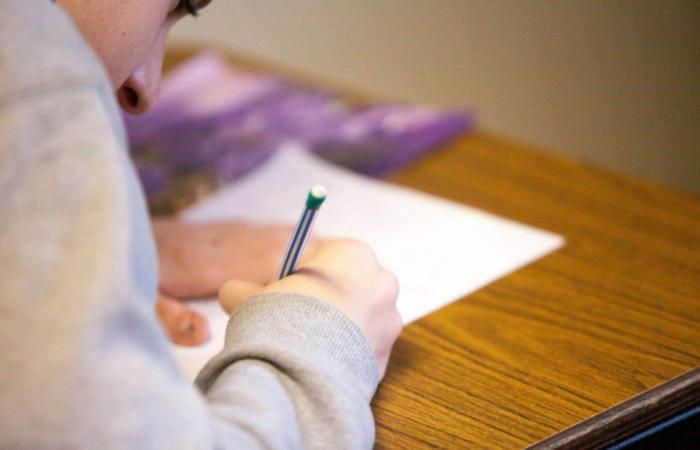We are concerned and denounce the staggering rate of failure of future primary and secondary teachers in the Written French Certification Test for Teaching (TECFÉE). Barely only 44% success rate at the University of Montreal. This seems catastrophic. But what exactly is it? The first reaction would be to blame the teachers or the students, or both, but shouldn’t we see the tests, know who designed them and who corrected them?
In a long career in the world of legislative drafting and legal translation, then the management of linguistic services, I had the opportunity to see behind the scenes, both in Quebec and in Ottawa, then to the United Nations (UN). It was pitiful. As much as I consider and respect many Quebec or Canadian linguists and translators, to whom I owe everything or almost everything, for a very long time, I have denounced the world, the strategies and the secrets of business test givers.
I took French tests in Quebec and Ottawa full of gross mistakes. When I was assistant to the Québec Ombudsman, I was responsible, in particular, for complaints concerning the procedures of candidates for public service positions, including French tests. We then encountered two major problems in this area: it is impossible to know who designed the tests and to know the skills of these people. In addition, candidates cannot leave the exam room with the tests — because they are reused — and cannot even keep scores of their tests, which makes any challenge almost impossible.
I naively believed at that time that it was specific to Quebec. I quickly became disillusioned by taking Canadian government tests. The fact that I was sometimes first only shows that, in certain cases, I was capable of determining the mistakes that were expected of me.
It seems that, out of insecurity, those responsible for the French tests of immigration candidates in Quebec have undertaken to offer tests designed and corrected in France. This is not a guarantee. And that doesn’t make sense. I contributed to the French version of a few books concerning the UN, published in France by good publishers. I revised the texts very carefully, faithfully using the official UN glossaries, to be told that, ultimately, we were going to use the translator’s English or incorrect expressions since that is what the French understand now. This speaks for itself.
It will be understood that I am not one of the mourners who moan about the poor quality of Quebec French. Quite the contrary. There are excellent linguists and translators in Quebec, and equally good journalists and authors who are widely read. And, it must be said: this situation is not recent. I found in the papers of my mother, Irène Laforest, two of her homework notebooks made when she was 11 years old (in 1927). Clear and fluid writing and above all practically faultless.
I suggested to Denise Bombardier, who was enthusiastic about it, that we do a dictation to see how many university professors could pass it. A test ! Why wouldn’t we now make it a test for apprentice teachers? And, I want to make it clear, my mother was not a pampered student from a convent in Outremont. The daughter of a tanner, she went to the small school of Saint-Arsène, in Bas-du-Fleuve, with four other students, including the one who became the famous political scientist Léon Dion. What did their teachers and parents have that we no longer find today?
My mother would have been proud of me when, after three days of exams, I came first in the UN’s global French writing and legal translation competition, out of more than 4,500 candidates. And when I was then the first Canadian hired in the UN linguistic services. I then called two of my former bosses at the Department of Justice to thank them sincerely and tell them that I owed everything I knew, or almost everything, to them.
Shouldn’t we hope that these students could do the same thing one day? To do this: we must review the teaching of French that we give them, but also a) review the testing system; b) publish the names and qualifications of test authors and markers; and c) provide a test review system.






